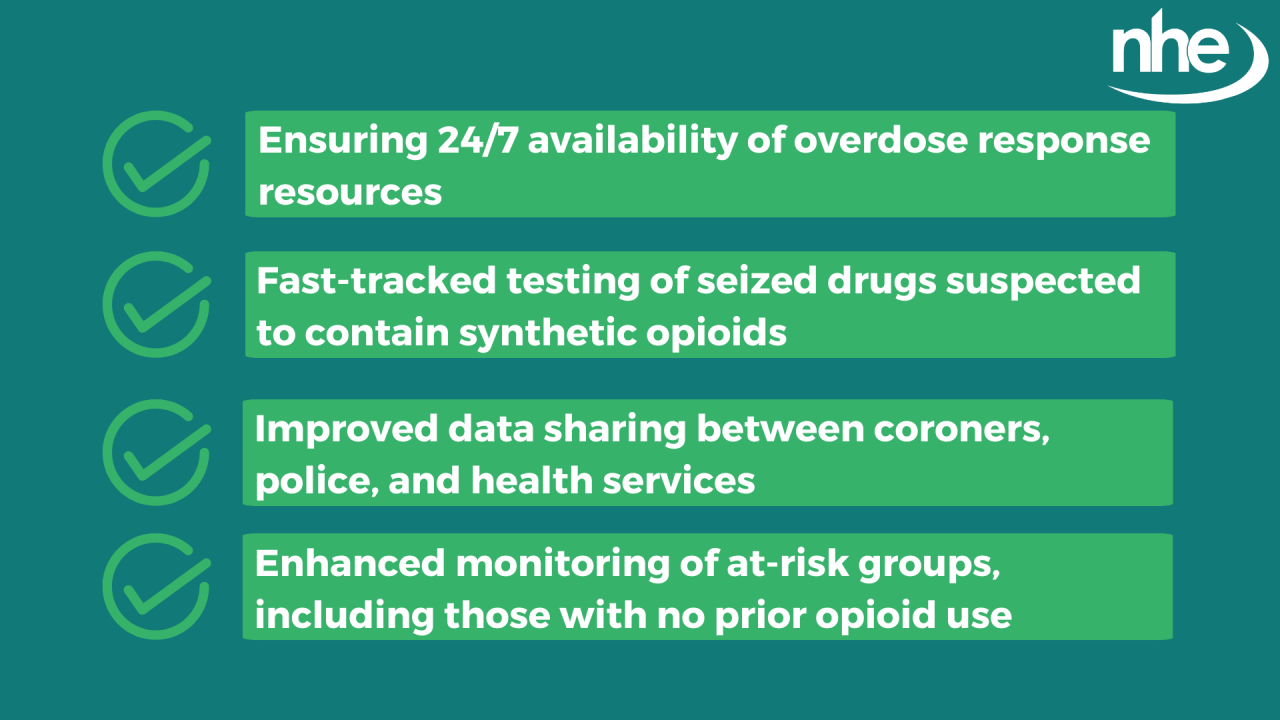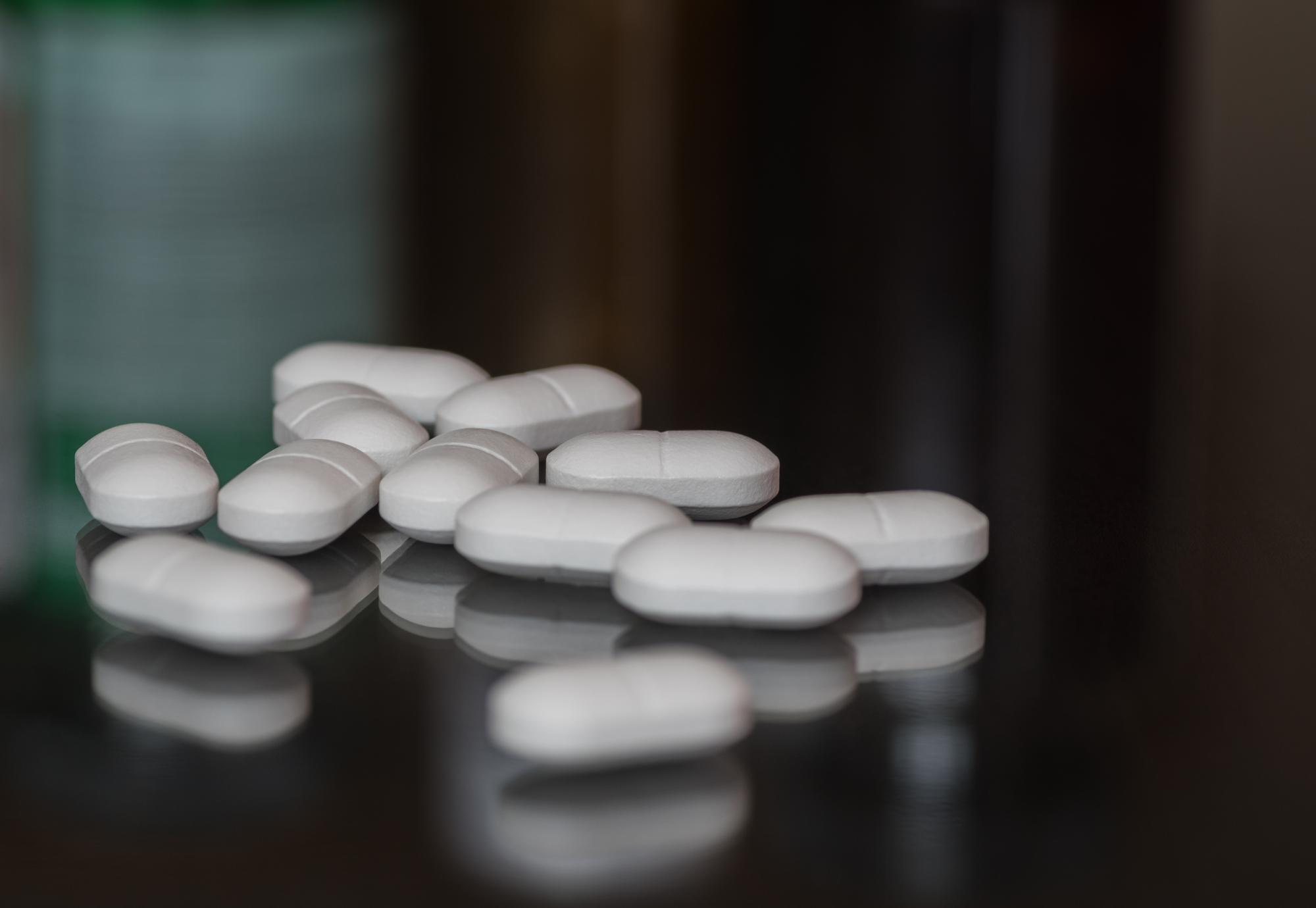In a major public health initiative, the UK government has issued new guidance to local authorities, police, and health organisations to better prepare for the growing threat of synthetic opioids.
These powerful substances have been linked to over 450 drug-related deaths in the past two years, prompting urgent action to prevent further harm.
At the heart of the strategy is a push to expand access to naloxone, a life-saving medication that reverses opioid overdoses. For the first time, national data on police use of naloxone has been published, revealing that over 20,650 police officers and 880 staff now carry the drug daily, with more than 1,200 administrations recorded since 2019.
Synthetic opioids—often found in heroin, illicit painkillers, and sedatives—are significantly more potent than traditional opioids, making overdoses more likely and more deadly. The government’s 12-point plan, part of its wider Plan for Change, is designed to strengthen frontline response and reduce drug-related harm.
Key health-focused recommendations include:
- Ensuring 24/7 availability of overdose response resources
- Fast-tracked testing of seized drugs suspected to contain synthetic opioids
- Improved data sharing between coroners, police, and health services
- Enhanced monitoring of at-risk groups, including those with no prior opioid use
- Reviewing naloxone stock levels to ensure adequate supply

The initiative also aims to give police officers the skills and confidence to administer naloxone effectively. The law has recently been changed to allow wider access to take-home naloxone without a prescription, making it easier for families, carers, and community workers to intervene in emergencies.
Dame Diana Johnson, Policing Minister, said:
“Synthetic drugs have no place on Britain’s streets, which is why we must do everything we can to tackle this evolving threat.
“This advice will help save lives by ensuring local authorities know how to respond to incidents more quickly and efficiently, as will the vital rollout of naloxone across our police forces.
“Already there are hundreds of examples of police officers carrying this lifesaving medicine. I am deeply grateful for their unwavering commitment to protect some of the most vulnerable people in our communities, part of the government’s Plan for Change to keep streets safe.”
The recommendations follow a national emergency preparedness exercise led by the Joint Combating Drugs Unit and the National Police Chiefs’ Council, simulating real-world overdose scenarios to test and improve local response systems.
With synthetic opioids posing a rising threat to public health, these measures represent a critical step in equipping communities with the tools and training needed to save lives and reduce long-term harm.
Image credit : iStock



















